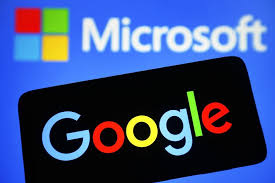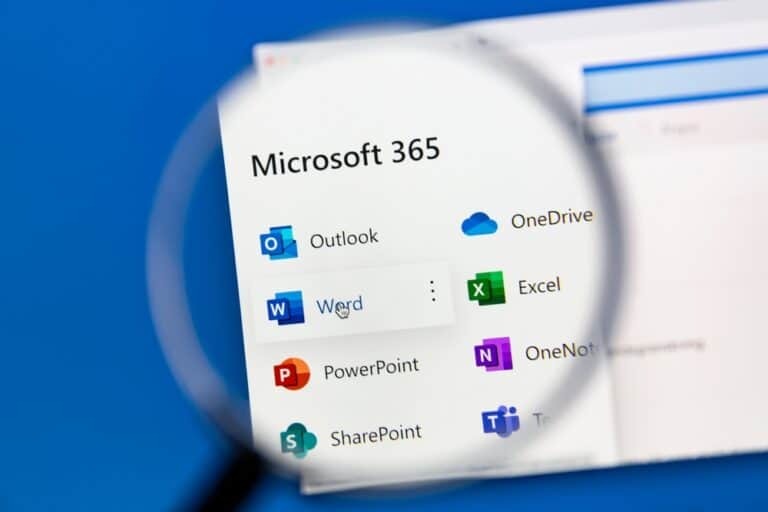Microsoft 365 Users Attacked via Rockstar 2FA – Unraveling the Threat and How to Stay Secure. This attack highlights a growing trend where cybercriminals exploit trust in established platforms to bypass security measures. The breach not only exposes vulnerabilities in authentication systems but also underscores the evolving sophistication of phishing and social engineering tactics.

A New Tactic Targets 2FA
Two-factor authentication is widely regarded as an essential layer of security for safeguarding online accounts. By requiring a second form of verification, such as a text message code or an authentication app, it provides an additional barrier against unauthorized access. However, attackers leveraging Rockstar 2FA are proving that even these defenses are not invulnerable.
Reports suggest that the attackers manipulate users into divulging their authentication credentials by mimicking trusted entities. Once they gain initial access, they exploit gaps in the verification process, such as cloning tokens or bypassing session integrity, to infiltrate Microsoft 365 accounts. This breach enables them to intercept sensitive emails, exfiltrate data, and potentially deploy ransomware within organizational networks.
Anatomy of the Attack
The attack unfolds in a multi-step process designed to exploit human error and technical vulnerabilities. First, users are subjected to highly convincing phishing emails or fake authentication prompts that resemble legitimate communications from Microsoft or Rockstar. These emails often contain urgent language or warnings about account suspension, prompting users to act quickly without verifying the authenticity of the message.
Once users input their credentials, attackers gain access to their accounts. Utilizing flaws in the 2FA mechanism, they circumvent the additional verification steps, potentially through token hijacking or session persistence techniques. This method allows cybercriminals to maintain long-term access without needing to repeatedly bypass security checks.
The Scale of the Threat
The scope of this attack is significant, impacting organizations of various sizes and industries that rely on Microsoft 365 for communication and collaboration. The integration of Microsoft 365 with critical business operations amplifies the risks, as a single compromised account can lead to widespread disruption. Furthermore, the attack’s reliance on social engineering means that even organizations with robust technical defenses remain vulnerable if users are not adequately trained to recognize phishing attempts.
Indicators of Compromise
Recognizing the signs of a compromised account is vital for mitigating damage. Common indicators include unauthorized logins from unfamiliar locations, unexpected changes to account settings, or the presence of suspicious rules or filters in email configurations. Users should also be wary of unexplained authentication prompts, which could indicate that attackers are attempting to validate stolen credentials.
Organizations should monitor login activity and deploy automated tools to flag anomalies. By identifying potential breaches early, you can prevent attackers from escalating their access or spreading to other accounts.
Mitigation Strategies
Addressing the vulnerabilities exploited in the Rockstar 2FA attack requires a multi-faceted approach. First, users must be educated on the dangers of phishing and trained to verify the authenticity of emails and prompts before responding. Awareness campaigns and simulated phishing exercises can help reinforce this behavior.
From a technical standpoint, organizations should implement advanced authentication methods such as hardware security keys or biometrics, which are less susceptible to manipulation. Additionally, enabling Conditional Access policies in Microsoft 365 can restrict logins based on factors like geographic location or device compliance.
Regular security audits and penetration testing are also critical for identifying and addressing weaknesses before attackers can exploit them. By adopting a proactive stance, you can reduce the likelihood of successful breaches.
Comparative Analysis of Attack Vectors
To better understand the threat posed by Rockstar 2FA exploitation, it is helpful to compare this attack vector with other common methods used to compromise Microsoft 365 accounts. Below is a table summarizing key differences:
| Attack Method | Primary Mechanism | Vulnerability Exploited | Prevention Measures |
|---|---|---|---|
| Phishing | Fake emails or websites | Human error; credential disclosure | User education; advanced threat protection |
| Brute Force Attacks | Repeated password attempts | Weak or reused passwords | Strong password policies; account lockout |
| Rockstar 2FA Exploitation | Manipulation of authentication workflows | Gaps in 2FA verification; token hijacking | Advanced 2FA; session integrity monitoring |
A Call for Resilience
The Rockstar 2FA attack serves as a reminder that cybersecurity is a shared responsibility. While technology can provide robust defenses, the human element often remains the weakest link. By fostering a culture of vigilance and equipping users with the tools and knowledge to recognize threats, organizations can bolster their resilience against evolving attack methods.
Moreover, collaboration between technology providers like Microsoft and the cybersecurity community is essential for addressing systemic vulnerabilities. Updates to authentication protocols, enhanced threat intelligence sharing, and real-time incident response capabilities are critical for staying ahead of attackers
As Microsoft 365 users confront the threat of Rockstar 2FA exploitation, the importance of layered security measures becomes evident. By combining user education, advanced authentication techniques, and proactive monitoring, you can safeguard your accounts and data against this and future threats. The attack is a stark reminder of the ingenuity of cybercriminals, but with the right strategies, you can stay one step ahead.










Add Comment